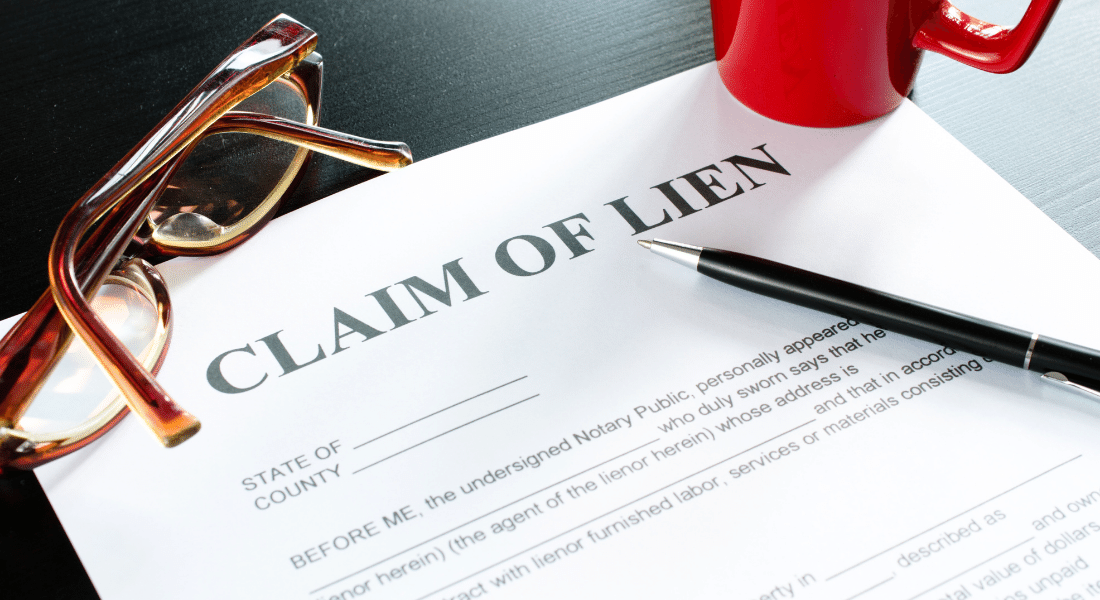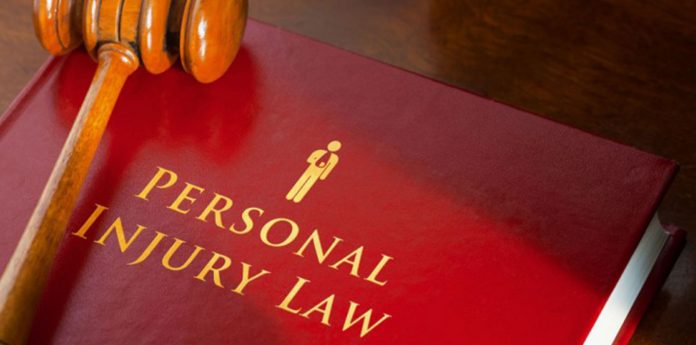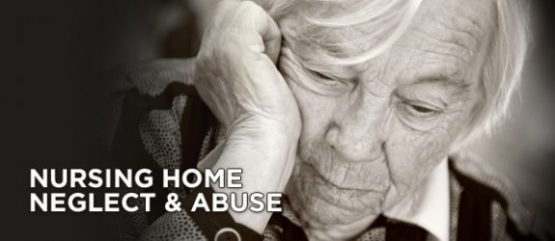You want to find out if your agent is loyal to both buyer and seller.
A professional broker or real estate agent will be able to assist you if you are trying to buy a home or flip a house . However, it is not unusual for buyers and sellers to work with agents without asking the critical question: Who do they really represent?
Sometimes, the agent acts solely on behalf of the seller. Other times, the agent may work for both the buyer and the seller. A buyer may think that an agent works for them (given the fact that the agent might be arranging the sale and writing the purchase contract), but in reality the agent represents the seller’s interests.
It is important to know who a broker or agent works so you can protect your interests.
Who are real estate brokers and agents?
Most states require that anyone who collects a commission or fee to buy or sell real estate for another person be licensed as a broker, agent or salesperson.
Although the terms “broker” and “agent” are sometimes used interchangeably across the U.S., real estate brokers may not be the same as agents. Real estate agents are required to work with brokers, who have more education and experience. They act as salespeople.
Usually, the licensee is the one who actually pays the commission. It’s this person you should ask: Who are they representing?
To avoid confusion, we will use the term “agent” for the real estate licensee entitled to the commission to sell a house or find a buyer.
Can you sell a house with a cloud on the title?
Different types of real estate agents
It all depends on who the agent was hired and who signed a representation agreement. There are four types of possible real-estate agent roles or relationships that you should be aware of.
- Listing agents or sellers’ agents
- Buyer’s agents
- Cooperating agents
- Dual agents
An agent may be assigned any one of these roles depending on the client. Agents may choose to represent buyers or sellers, but some agents do this exclusively. Agents who are new to the field often start with buyers as it is easier to get a great result and still learn the ropes.

What a Seller’s or Listing Agent does
A listing agreement is a contract that a seller signs with an agent to help them sell their property. The agent is also known as the seller’s agent. A listing agreement is signed by the seller and the agent. This gives the agent the exclusive right to sell the property for a specified period, typically three to six months. When the sale is completed, the seller pays the commission to the agent. If one is involved, the agent splits the commission with the buyer’s agents.
This agent represents only the seller. Agents have a duty of loyalty to sellers. This means that they must act in the best interest of the seller when selling the property. The agent’s first priority is to sell the property for the highest price.
This is the agent’s responsibility. If the house is listed at $425,000, an agent cannot tell the buyer that the seller is willing to accept $415,000 (unless the seller gives permission).
What a Buyer’s agent does
You shouldn’t assume that a real agent will be your agent if you walk into one of their offices and say “I’m looking for a house to buy.” An agent may show you houses that are listed under listing agreements so that the agent can make a commission. The agent may be working for the seller in such cases.
However, in some states, agents can’t show properties listed by their brokerage or real estate company. At least, not without disclosing their interest and any existing client relationship. Massachusetts is an example of this. If you are interested in buying one of the listed properties and don’t want to bring your own agent, many state laws (California and New York, for instance) require that the agent obtain your consent to this “dual agent” (described further below).
You can be sure that your agent will represent your best interests by signing an agreement. Your agent is responsible for helping you find the right house, negotiate the best price, and exposing any negative information about properties that you see. The agent is not under any obligation to the seller. Their main goal is to help you get the best deal possible on the right property.
This agent is not required to charge you any fees. The commission is usually split between the seller’s agent and buyer’s agent. Some buyers sign a contract with the buyer’s agent stating that they will pay for the services. This is to make sure that they are 100% certain who the agent is.
If you have any questions, don’t hesitate and ask the agent.

Co-operating Agents
These agents are those who, through agreement with the listing agent, enter into a “sub agency” relationship in which they present the property to buyers for the seller or seller’s agent. This is permitted in New York, California, Maryland, New Jersey and New York.
The listing agent may or not have a cooperating agent. The listing agent pays a cooperating agent for bringing about a sale.
Many buyers don’t know that the seller has a cooperating agent. Many states have laws that state that a cooperating agent can show property to buyers, and that the buyer becomes their agent. Some states however retain the old rule that the cooperating agents work for the seller throughout the transaction.
What does a dual agent do?
Agents who work for both the seller and buyer simultaneously are called dual agents.
It may seem like a good idea to have one agent working on a deal. However, it could be dangerous. The dual agent is not bound to one party because he or she works for both. The dual agent is motivated to see the deal through so that he or she can claim the entire commission, rather than having to split it with the buyer’s agent.
What happens when the interests of the parties are not the same? This is almost always the case. A dual agent might attempt to convince the seller to accept a lower price for the house, knowing that the buyer won’t be able to afford the full asking cost and not wanting to keep marketing the property until they get a better deal. It is the agent that bears most of the ongoing marketing expenses.
The vast majority of states allow an agent to represent buyers and sellers, but only with both parties’ consent. Most states have standard forms for real estate agents that require them to explain whether they are acting as dual agents in a transaction. A majority of states have standard forms that allow agents to explain if they are acting as dual agents without the consent of both parties. Many states have laws that outline the duties of dual agents to both parties.
















